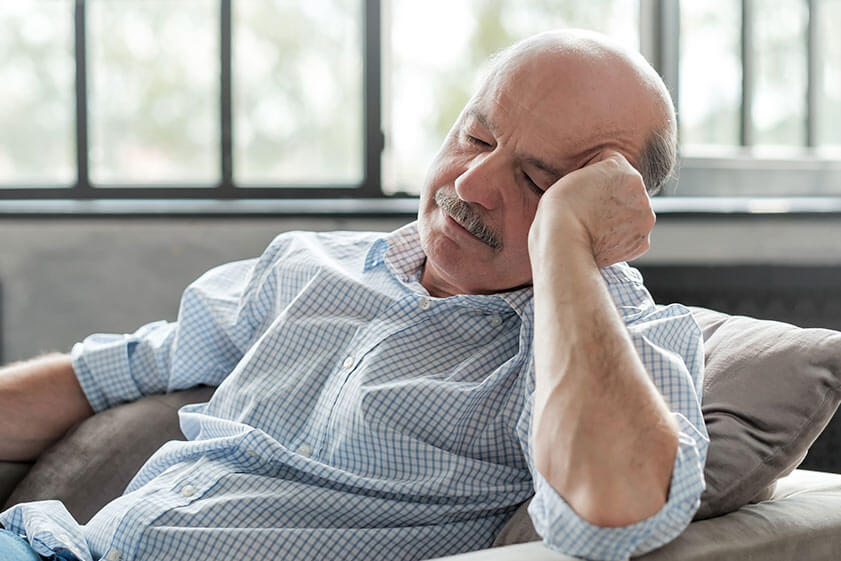As your loved ones get older, you may realize that their sleep patterns have changed. Whether it’s experiencing insomnia or waking up in the middle of the night and unable to get back to sleep, sleep changes can affect your loved ones’ health and prevent them from going about their day smoothly. If you would like to know more about sleep changes in older adults, continue reading to find out the causes of them and what are some types of sleep changes.
Reasons for Sleep Changes
There are actually many causes of sleep changes. Someone’s age, lifestyle choices, and general health are usually the most common, and in some cases, inevitable. As our bodies age, our bodies’ capability to produce melatonin decreases, making us less likely to sleep on time and increasing the likelihood of insomnia. In addition, our bodies would release certain chemicals and hormones that can affect our sleep-wake cycle. If your loved ones smoke or drink heavily on a daily basis, they would find themselves having a harder time falling asleep as well. Therefore, it’s highly recommended for older adults to stay away from harmful lifestyle habits and lead a healthier and more active lifestyle in order to improve their sleep patterns.
Unfortunately, medication can also cause sleep changes in your loved ones. It’s normal for loved ones to take some forms of medications to regulate their health, so this is something that can’t be prevented. This goes for some health conditions such as diabetes and prostate issues as well, as these conditions can force them to wake up many times throughout the night. Situations like going to the toilet and experiencing pain can all disrupt your loved ones’ sleep. Other health issues including heart failure and kidney disease can also result in loved ones having troubles lying flat and being comfortable enough to sleep. If your loved ones are currently facing these issues, it’s best to consult a doctor as soon as possible.
Types of Sleep Changes
When it comes to sleep changes, there are various types. Here are some examples and how to recognize them:
- Sleep Apnea
Sleep apnea is one of the most common sleep changes in older adults and results in them not being able to breathe in short intervals. When someone is affected by sleep apnea, they are highly likely to snore loudly, as well as stop breathing for 10 to 30 seconds before gasping or snorting. This is what causes them to wake up. Sleep apnea is particularly dangerous as it can result in high blood pressure and increase the risk of heart attacks.
- Restless Leg Syndrome
Restless leg syndrome not only affects older adults but everyone as well. If your loved ones have restless leg syndrome, they’re unable to sleep well due to discomfort or pain felt in the legs. The feeling causes them to constantly move their legs in order to relieve the pain, disrupting their sleep.
- Periodic Limb Movement Disorder
Loved ones living with this disorder will unconsciously kick their legs while sleeping. For some older adults, they may suffer from both periodic limb movement disorder and restless leg syndrome as these two conditions are sometimes intertwined.







